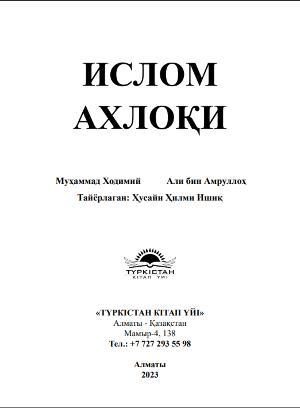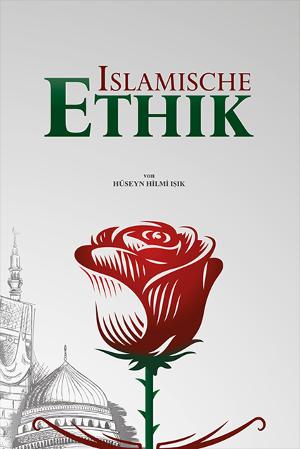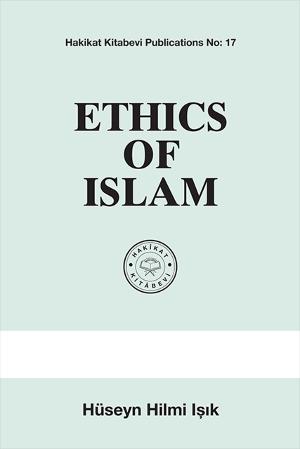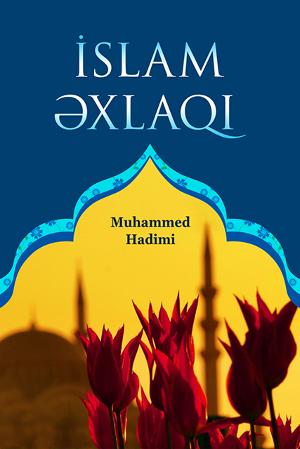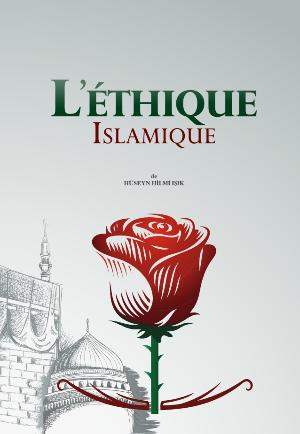
Muhammed Hadimi
A great saint, scholar of Islamic jurisprudence (fiqh) and Sufism. His name was Muhammed bin Mustafa, and his kunya was Mawlana Abu Said. He was born in 1701 (Hijri 1113) in the town of Hadim in Konya. Mawlana Abu Said Muhammed Hadimi's ancestors were from Bukhara. One of his ancestors, Husameddin Efendi, was from one of Bukhara's well-known noble families and was a learned and saintly man. He came to Anatolia and settled in the town of Hadim. Muhammed Hadimi's father was Kara Haci Mustafa Efendi, famous by the name Fakhr ar-Rum (the Chosen One of the Land of Rum, the one everyone took pride in). Mustafa Efendi was among the renowned scholars. Muhammed Hadimi received his initial education from his father. At the age of ten, he memorized the Holy Quran. He learned Arabic and Persian. By his father's order, he was enrolled in Karatay Madrasa in Konya. After studying there for five years, he went to Istanbul upon the recommendation of his teacher Ibrahim Efendi. In Istanbul, he studied under Kazabadi Ahmed Efendi, one of the famous scholars of the time, and received his ijaza (diploma). Muhammed Hadimi, who completed his higher education at the age of twenty-seven, returned to Hadim with four mule-loads of books. He began teaching at the Hadim Madrasa that his father had left vacant. His Excellency Muhammed Hadimi, whose fame reached Istanbul in a short time, was invited to Istanbul first by Sultan Ahmed III, and later by Sultan Mahmud I. In addition to teaching students, His Excellency Hadimi worked extensively to guide people to the right path and to help them learn Islamic ethics and law. He wrote many books. Among these works, his commentary on Imam Birgivi's book titled "Tariqa-i Muhammadiyya" is very valuable. He gave this commentary the name "Bariqa." It has been frequently published at various times.
